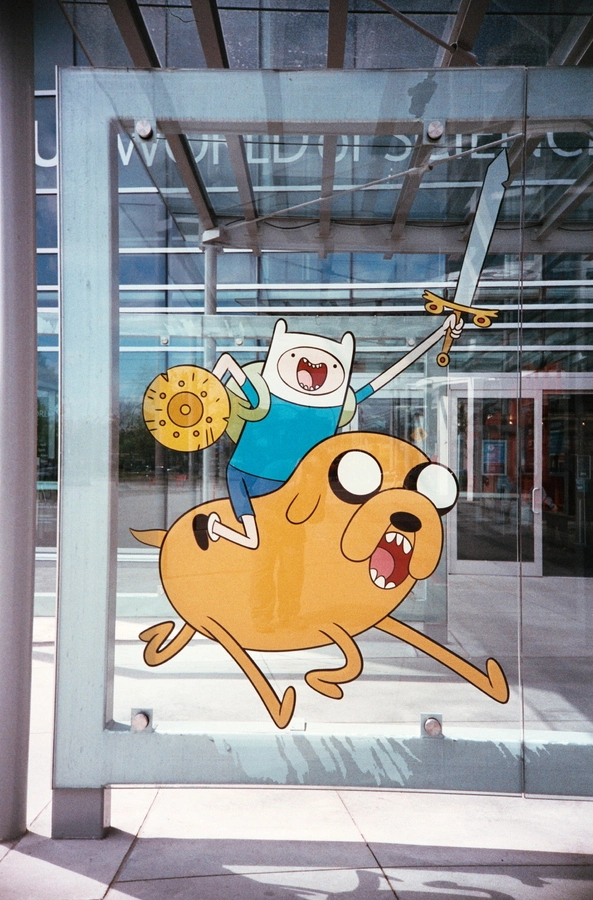These are just a few examples of how AI is being used in the food industry today. As AI continues to develop, we can expect to see even more innovative and exciting applications of AI in the food industry in the years to come.
Artificial intelligence (AI) is rapidly changing the food industry, and its impact is only going to grow in the next five years. Here are some of the key trends to watch for:
- AI-powered food production: AI is being used to automate tasks in food production, such as harvesting, sorting, and packaging. This is leading to more efficient and sustainable food production.
- AI-powered food personalization: AI is being used to create personalized food experiences for consumers. This includes tailoring food recommendations, developing new recipes, and even creating custom meals.
- AI-powered food safety: AI is being used to monitor food safety and prevent contamination. This is leading to safer food for consumers.
- AI-powered food waste reduction: AI is being used to reduce food waste at all stages of the food supply chain. This is helping to conserve resources and reduce environmental impact.
- AI-powered food discovery: AI is being used to discover new food ingredients and flavors. This is leading to more innovative and exciting food products.
These are just a few of the ways that AI is changing the food industry. As AI continues to develop, we can expect to see even more innovative and exciting applications of AI in the food industry in the years to come.
Here are some specific examples of how AI is being used in the food industry today:
- IBM Watson: IBM Watson is being used by Nestle to develop new food products. Watson can analyze data on consumer preferences, food trends, and nutritional needs to create new recipes that are both delicious and nutritious.
- Google DeepMind: Google DeepMind is being used by Unilever to develop new food packaging that is more sustainable and can extend the shelf life of food. DeepMind can use AI to analyze data on food spoilage and packaging materials to develop new packaging solutions that are more effective and efficient.
- Sodexo: Sodexo is using AI to personalize food offerings for its customers. AI can analyze data on customer preferences, dietary restrictions, and allergies to create personalized meal plans that are both delicious and nutritious.
- Thrive Market: Thrive Market is using AI to recommend food products to its customers. AI can analyze data on customer purchases, dietary needs, and food preferences to make personalized recommendations that are likely to be of interest to each customer.
- ZeroCater: ZeroCater is using AI to automate the process of catering events. AI can analyze data on the number of guests, dietary restrictions, and budget to create customized catering menus that are both delicious and affordable.
